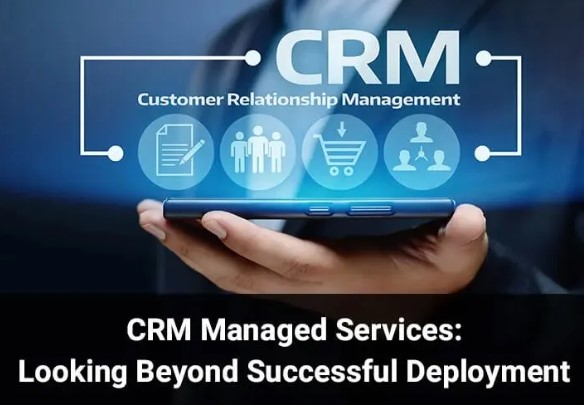Understanding Customer Relationship Management Software
1. Streamlining Customer Relationships
Customer Relationship Management (CRM) software is designed to streamline and optimize interactions with customers, encompassing various aspects of customer engagement and satisfaction.
2. Comprehensive Customer Data Management
These platforms offer robust tools for managing customer data, including contact information, purchase history, preferences, and interactions, facilitating personalized interactions.
3. Automation of Sales and Marketing Processes
CRM software automates sales and marketing processes, enabling efficient lead management, targeted campaigns, and improved conversion rates.
4. Enhancing Customer Service
These tools empower businesses to provide exceptional customer service by centralizing support tickets, tracking inquiries, and ensuring timely responses.
Key Features of CRM Software
1. Centralized Customer Database
CRM software provides a centralized repository for customer data, ensuring easy access to relevant information for personalized interactions.
2. Sales Pipeline Management
Tools for managing sales pipelines facilitate tracking and managing leads, deals, and opportunities throughout the sales cycle.
3. Marketing Campaign Automation
These platforms enable the automation of marketing campaigns, allowing businesses to target specific customer segments with personalized content.
4. Customer Support Ticketing System
CRM software includes ticketing systems for customer support, ensuring efficient issue resolution and seamless communication.
Benefits of CRM Software Implementation
– Improved Customer Relationships
By centralizing customer data and facilitating personalized interactions, CRM software strengthens relationships and enhances customer satisfaction.
– Enhanced Sales and Marketing Efficiency
Automation of sales and marketing processes improves efficiency, leading to better lead management, targeted campaigns, and increased conversions.
– Streamlined Customer Service
CRM software streamlines customer service operations, ensuring timely responses and efficient handling of customer inquiries and issues.
– Data-Driven Decision Making
Access to comprehensive customer data empowers businesses to make informed decisions, strategize effectively, and adapt to evolving customer needs.
Conclusion: Leveraging CRM Software for Business Growth
In conclusion, Customer Relationship Management Software stands as a crucial tool for businesses, optimizing customer relationships, enhancing operational efficiency, and driving growth. Its ability to centralize data, automate processes, and personalize interactions positions it as a fundamental asset in today’s competitive market landscape.
